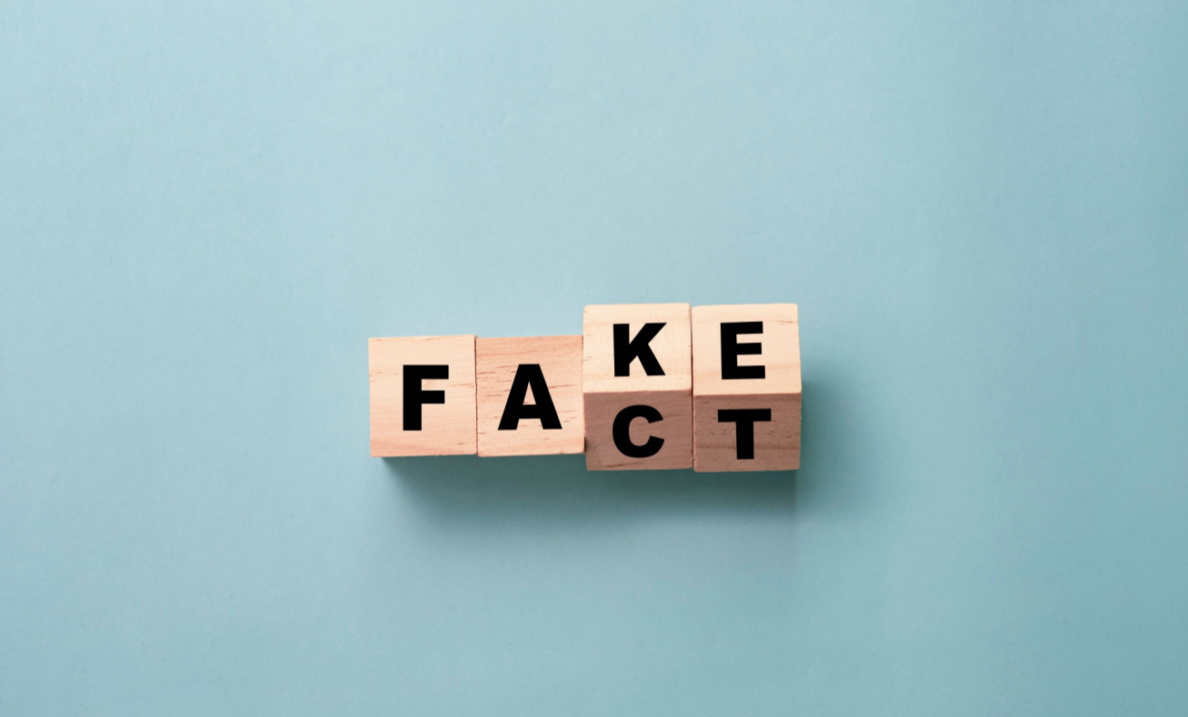Now that America’s favorite medicinal plant is legal in over half the nation, cannabis testing labs are popping up left and right. These operations are charged with keeping a tight leash on product potency, contaminants and maintaining the overall safety of the market’s green commodities. It’s an important job, and it’s one that we take pretty seriously. And while there are a lot of reputable, trustworthy labs doing their best to protect the health of the public they serve, some aren’t.
Pay close enough attention, and there is always another lab in the news getting slapped with a fine or threatened with more permanent disciplinary action (loss of license) because they’ve been caught fudging the test results of cannabis samples. Some have passed products contaminated with mold, pesticides and dangerous microbials. Others have been busted for falsely confirming THC levels.
A lab in Arizona was recently fined a half-million dollars for pulling these shenanigans. According to a report from the Arizona Department of Health Services, the violations included the approval of products contaminated with pesticides, solvents, heavy metals, and E. coli and Salmonella. To make matters worse, the agency found the violations were “committed intentionally.”
Unfortunately, this was not an isolated incident.
Last year, the Washington State Liquor and Cannabis Board (LCB) suspended a lab’s license for allegedly manipulating testing data on more than 1,200 cannabis samples. The lab was reportedly providing higher THC numbers than what testing uncovered. It gets worse. A 2019 audit of Oregon’s testing scheme found the safety of the state’s cannabis products could not be guaranteed. The audit went on to say the state’s testing program was “inadequate” and “inefficient.”
Why are some labs reporting dishonestly?
Well, it’s simple, really, and, at the same time, rather complex. For starters, Americans are obsessed with high potency cannabis. Not enough of the nation’s cannabis consumers understand yet that there is more to the overall effect of a cannabis product than just THC and CBD. High concentrations of THC are often viewed as a way to get more bang for the buck. So, when a customer sees a strain at the dispensary with 45% THC, it has more value, in their eyes, than the one with 19% THC. Even though the one containing a lower THC concentration might be a better overall product for their needs. And they’ll pay handsomely, too, for the illusion of more potency.
Considering that the legal cannabis trade earned roughly $17 billion last year, cannabis firms know about their customers’ obsession with THC. Companies fully understand that they can charge more for products containing higher THC concentrations (even if the concentration is false) and generate more profits. The consumer gets suckered since they have been trained to blindly trust that what’s on any label is gospel. They have faith that government agencies like the U.S. Food and Drug Administration (FDA) have strict enough regulations to ensure their protection.
But the FDA is not yet looking out for the cannabis consumer like they do those who buy produce and over the counter medications – which makes it tougher to weed out the bad seeds when it comes to the growing number of shady operations getting into the business of bud. Unfortunately, while Kaycha Labs is accredited by the International Standards Organization and operates under additional standards set forth by many other reputable agencies, many testing labs are not. This is what sets Kaycha Labs apart. Our operation must adhere to specific measures to maintain these accreditations. The cannabis industry does not mandate we hold these certifications, but they are part of our company’s devotion to our testing process. According to Forbes, the industry should require accreditation among labs to stave off further corruption in the marketplace. Some think falsifying lab data should be a crime.
But it is not.
Therefore, corrupt labs all over the country are cheating the consumer and infecting the integrity of the marketplace with impunity. It’s a situation that is becoming increasingly problematic, and it’s one where the entire industry is to blame. Growers, processors, and manufacturers are on the prowl for a lab that can deliver the best results. As we pointed out previously, not all testing labs are created equal. Unethical operations are willing to skew testing results in order to secure contracts and steal clients away from reputable services. They’ll do anything to survive.
Interestingly, a report from MJBizDaily suggests there are labs out there willing to provide cannabis operations with any result necessary to secure their business. Need that crop to show negative results for pesticides? Sure, no problem! Want it to test twenty points higher for potency? You bet, we’ve got you! Industry insiders say these underhanded deals happen because there is no incentive to play by the rules. After all, running a cannabis testing lab is a costly endeavor and the clientele is limited. Testing equipment is super expensive and staffing the business with qualified scientists isn’t cheap either. It can take a long time for cannabis testing labs to become profitable. Therefore, some labs have presumably adopted the “take the money and run” philosophy and will help cannabis businesses get their products to market at any cost.
As for the lab in Arizona, state regulators found machines were not properly calibrated to detect contamination levels. There was missing documentation regarding inventory, disposal and maintenance. To add insult to injury, employees were also being trained to use a technique that inflated THC levels. The agency says the lab had three times as many violations as any other lab in the past year. Any further offenses and the lab risks permanently losing its license.
Some believe tighter restrictions and standardized testing methods will alleviate some deceitful practices. Others think that stricter enforcement will do the rest. Nevertheless, any solution will take time.
Listen, nobody wants to deliver bad data. But without holding cannabis firms accountable for their products, the market suffers further deterioration and becomes a cesspool of bad behavior. Protecting the health and safety of the public is our primary mission. We want the consumer to feel confident that what is printed on the label is precisely what they are putting into their bodies – no question. That’s ultimately what the industry must strive to achieve as legalization continues. Kaycha Labs, as well as others, are working towards this common goal. In order for the industry to be trusted and held in as high of regard as the alcohol trade, for example, it must put forth the same level of quality and standards as its players have been implementing for decades. Only then will we make strides to bring blatant testing corruption to an end.















